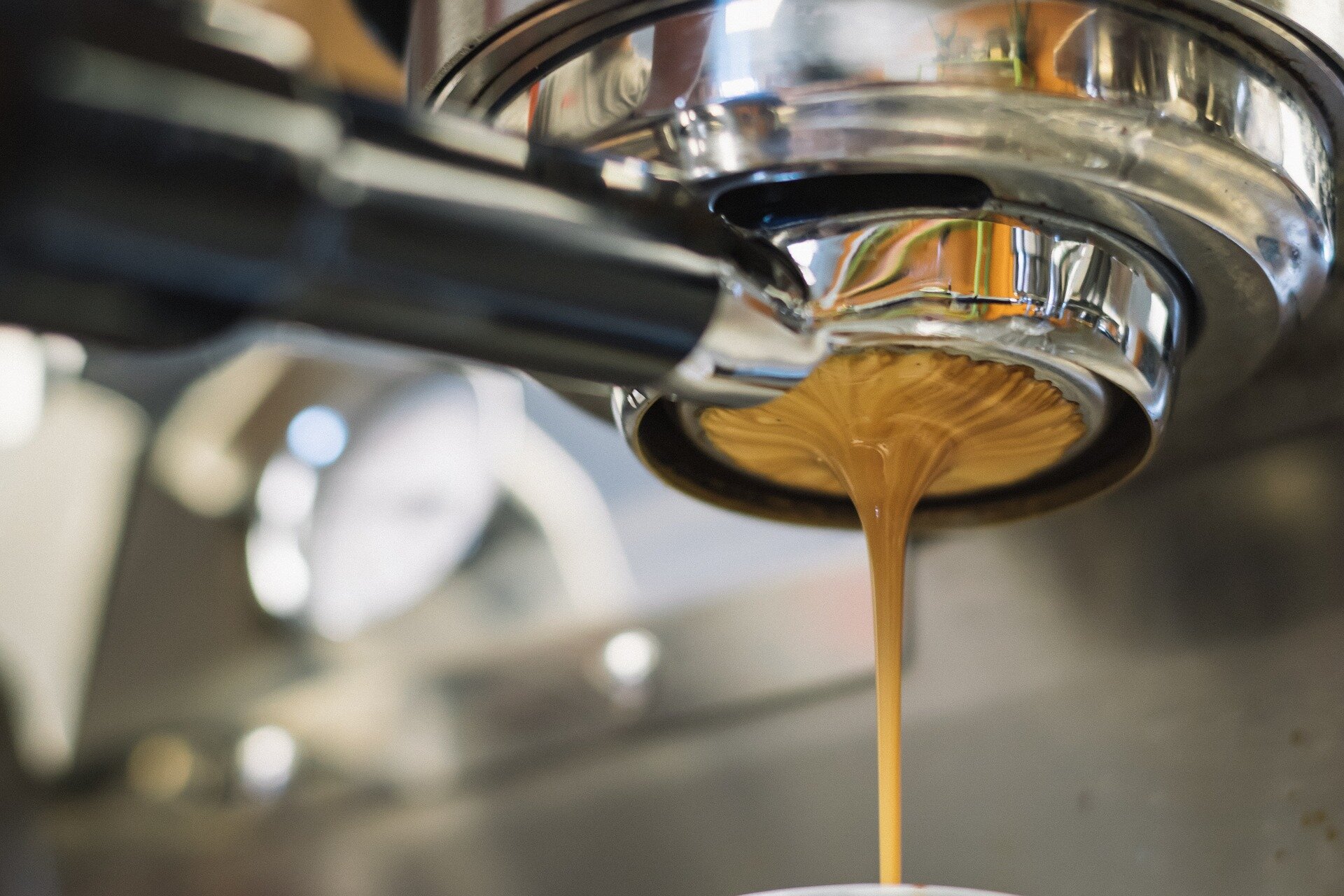That will jack up your carbon steel grinder, so be aware if that’s you.
Use a mister bottle and give your beans one(1) spritz per 20 grams. In those cases the amount of water should be small enough that it will completely dry before rust can develop
Burr grinder 4 lyfe.
Hear hear! I used to grind beans with a regular old blade grinder, and the resulting grounds were always really inconsistent; half of it would end up really dine, almost like a powder, and it would take forever to brew and would sometimes clog the filter. The burr grinder I picked up cost more, but it was worth it. I’m never going back, blade grinders suck.
We got literally the cheapest one off Amazon for like $40, and it’s brilliant.
Any black coffee, including instant, will taste gourmet with a bit of lemon peel, honey, and, if you’re feeling fancy or need something a bit sweet, a nice dash of condensed milk. Try it next time you’re at a meeting where they only have shit tea and coffee, you’ll thank me later.
My Brazilian friend showed me, I assume it’s related to this: https://therecipecritic.com/brazilian-lemonade/
I get the condensed milk and honey, but haven’t heard of using lemon peel. Maybe I’ll try it if I happen to have some extra lemon around.
The lemon trick was a common thing in the 20th century to help mask the bitterness of improperly brewed or processed espresso, but it’s died out since production and brewing of coffee has been refined in the modern era. Still an ok, calorie-free way to liven up some shit coffee.
Source: my history class textbook from like…10 years ago.
TIL
Lemon and coffee go surprisingly well together. There is a reason that espresso martinis are sometimes garnished with a lemon twist
Very tiny amounts of salt will also make low quality bitter coffee a lot more palatable and help you use less sugar, so I assume the sourness of the lemon probably has a similar effect. And when I say low amounts I mean like maybe 50mg of it for a large cup.
Oh who did a video on that? I forget. Anyway, what the experimentation showed was that it was only really useful in cutting the bitterness in really bad coffee (as you described), and that the amount of salt to add to a single cup was something like three or four grains of table salt.
It unironically neutralises the acidity in shitty coffee.
That would make a horrible sticky mess out of my grinder lol
It’s literally a drop. Some grinders need it more than others because they’ll make a mess of grounds everywhere without it.
Ideally you use a spray bottle. Just give it 1 or 2 pumps, tops, then shake it about. The surface of the beans will still look and feel essentially dry.
Been normal to do this in coffee circles for a long time. It does not affect the burrs enough to detect.
You don’t do this in a coffee shop or if you’re grinding dozens of times a day, but most people are only doing 1-2 a day tops and that’s just not enough moisture to matter.
I started using James Hoffman’s tip of rinsing off a spoon, shaking the water off, and then stirring your beans before grinding them.
Then I started taking a single bean and quick passing it under the faucet before tossing it in with the rest and shaking it around.
Now I just have a small spray bottle I repurposed. All methods are equally simple and get the job done to keep grinds from sticking to my Encore’s hopper.
Like others have said, it’s more subtle then slightest touch of humidity rather than actually getting anything wet.
Yeah I do the spoon. It helps!
This has been “known” for a long time but glad to see a formal study confirming it!
I often splash the handle-end of a spoon with water and stir the beans with it before grinding. Makes a big difference whether you’re making espresso or otherwise!
I obsessed over coffee for a couple years and never heard this! Maybe it wasn’t a thing then years ago?
The reason I like it is it reduces all the static when it comes out of my burr grinder. So it’s not clinging to everything and it’s easier to get my grinds from one place to another without making such a mess
That’s Big Grinder propaganda to make you ruin your grinder and have to buy a new one. A conspiracy I tell you!
Y’all think way too much about coffee…
I thought that until a $50 burr grinder overhauled my coffee. Some stuff really matters!








